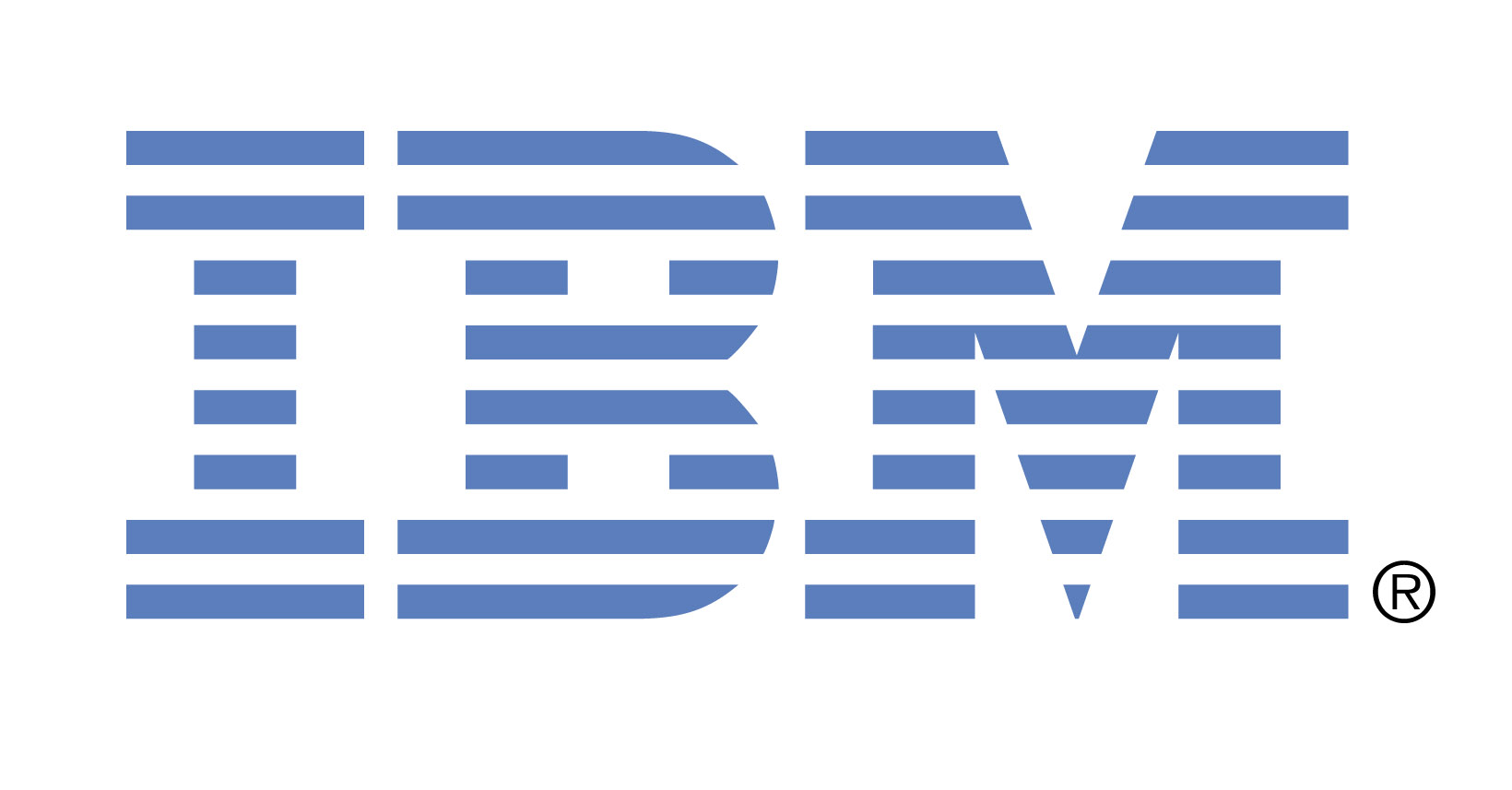IBM puts its health IT solution in the cloud


The sorrow grows a little today, with IBM's announcement it will do health IT in the cloud, working with Aetna through its ActiveHealth unit.
The strategy has made increasing sense as the year has gone on.
The 2011 fiscal year will start in less than three months, on October 1. Hospitals and clinics will need six months of experience in order to prove meaningful use and get that sweet, sweet stimulus cash. There is no way they can hit that deadline with an installed solution. They must have SaaS.
The first customer release is already out on the new agreement, from the Sharp Community Health Group in San Diego, which has 200 generalists and 500 specialists on call, serving a population of 165,000 according to its Web site.
Sharp was already considered one of the most wired practices in America, so in the near term the IBM EHR can be layered on top of it.
IBM says it will first focus on mid-sized practices, like Sharp, but the solution scales down easily, threatening the folks at Practice Fusion, AthenaHealth and eClinicalWorks over time.
Since it's SaaS, it also eliminates any need for IBM to buy an existing EHR provider, like a Cerner or McKesson. Cloud computing is a major secular change in computing (I heard a radio ad for a cloud service a few moments ago) and tends to render client-server systems instantly obsolete. (Well, maybe you can use the clients.)
In the near term, of course, IBM's decision to go with the cloud justifies the business models of other SaaS companies. They could do very well in the next year or two, and IBM's decision may even give them an exit strategy.
But all that's for later. For now, IBM is getting in on the health IT gold rush, and it's coming with a solution that leapfrogs most rivals by many years, plus a partner who knows where many of them live.
Someone did some thinking.